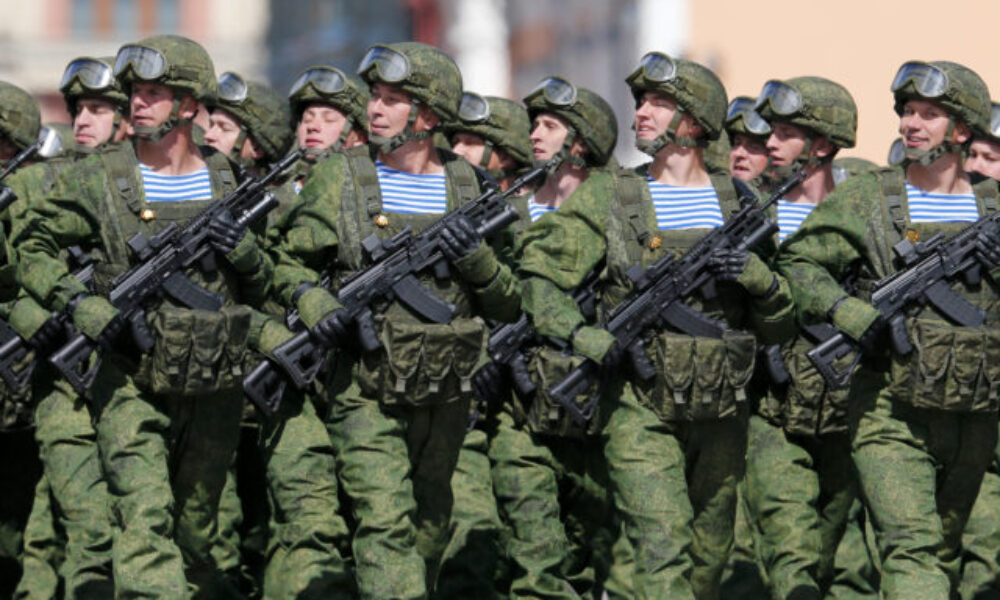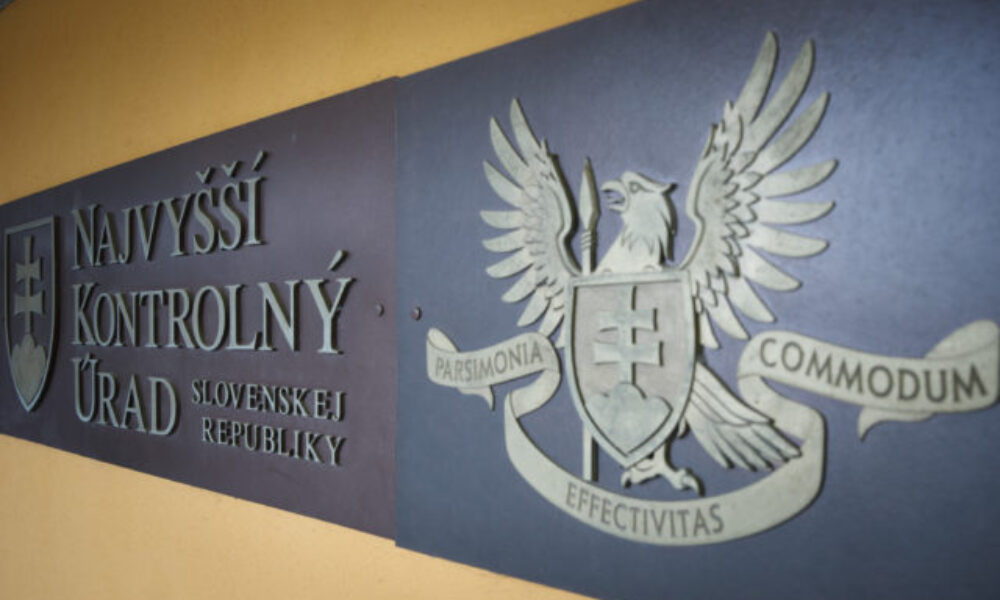
Hopes had grown in recent days that De Wever could reverse his position if the European Commission were to offer him legal guarantees in the proposal that Belgium would not be financially exposed.
But despite increasing diplomatic pressure for Belgium to cave, De Wever on Thursday only increased his hostility to the Commission’s plans. Expanding on his previous objections, the Belgian leader argued the Commission’s scheme would block a peace deal in Ukraine. If the EU’s plan doesn’t come to fruition, the Russian assets will instead be used as a bargaining chip to bring Moscow to the negotiating table rather than being paid to Kyiv, he said.
“Hastily moving forward on the proposed reparations loan scheme would have, as a collateral damage, that we as EU are effectively preventing reaching an eventual peace deal,” De Wever wrote in the letter.
After a prolonged standoff, the Commission is expected to finally put forward a formal proposal outlining the loan on Friday or early next week. After failing to reach a deal in October, EU leaders are set to tackle the most sensitive issues in their next summit in mid-December.
While a majority of countries back the loan, De Wever is unconvinced.
“In the very probable event Russia is ultimately not officially the losing party, it will, as history has shown in other cases, be legitimately asking for its sovereign assets to be returned,” De Wever continued in the letter.











